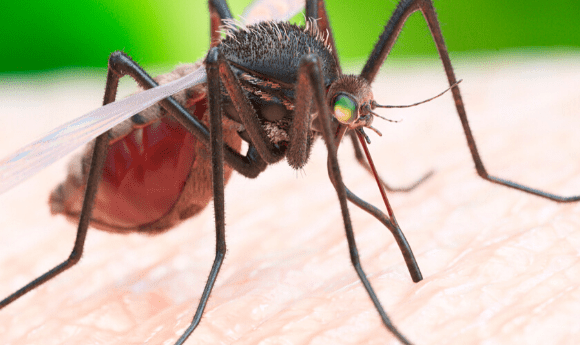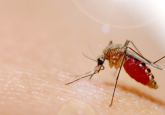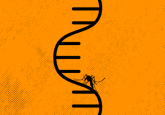Synthetically engineered mosquitos could neutralize dengue virus infection

Dengue virus infection can be severe and life threatening. New research has developed an improved approach to controlling this deadly infection.
Dengue virus – transmitted by the mosquito Aedes aegypti – infects millions of people across Asian and Latin American countries, according to the WHO (Geneva, Switzerland). Symptoms present as cold and flu-like, but can progress to hemorrhagic fever and death, especially in children and immunocompromised individuals.
Currently, there are no targeted therapeutics against dengue infection. However, an international team of researchers, led by a group from the University of California San Diego (UCSD, CA, USA), may have identified a way to prevent dengue infection before it infects humans.
The combined effort from researchers at UCSD and Vanderbilt University Medical Center (TN, USA) resulted in the identification of a ‘broad-spectrum’ human antibody, which neutralizes all four serotypes of the virus.
- Could insulin prevent the spread of dengue, Zika and West Nile Virus?
- Have researchers found a treatment for severe dengue disease?
- Dengue defends against Zika virus
“The antibody is able to hinder the replication of the virus and prevent its dissemination throughout the mosquito, which then prevents its transmission to humans. It’s a powerful approach… This development means that in the foreseeable future there may be viable genetic approaches to controlling dengue virus in the field, which could limit human suffering and mortality,” explained coauthor Omar Akbari (UCSD).
Next, the researchers synthetically expressed the antibody ‘cargo’ in female A. aegypti mosquitos.
“Once the female mosquito takes in blood, the antibody is activated and expressed – that’s the trigger,” Akbari noted.
He also commented that the team may be able to pair this technology with the use of a gene drive using CRISPR—Cas9, to spread this antibody throughout the wild female A. aegypti populations.
Suresh Subramani, global director of the Tata Institute for Genetics and Society (Bengaluru, India) and professor at UCSD concluded: “this paper shows that it is possible to immunize mosquitoes and prevent their ability to transmit dengue virus and potentially other mosquito-borne pathogens.”





